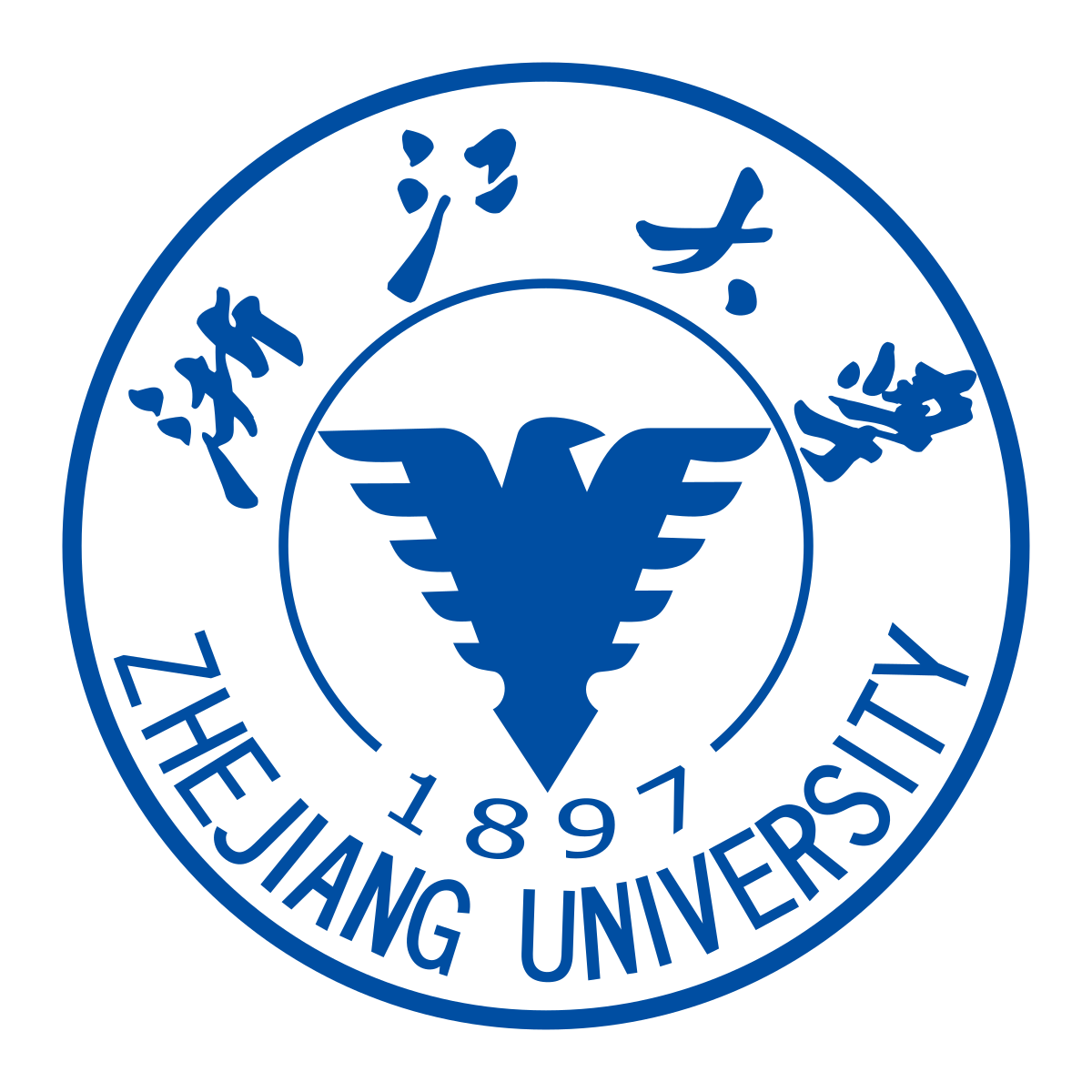Zhejiang University: ZJU Scholar contributes to IPCC Six Assessment Report
On Aug. 9, the UN’s Intergovernmental Panel on Climate Change (IPCC) released the first instalment of the Sixth Assessment Report, Climate Change 2021: The Physical Science Basis, which involves the contribution from a ZJU scholar.
Over the past three years, a total of 234 authors from 66 countries, 15 of whom were from China, have volunteered to assess evidence from over 14,000 scientific publications. Comprising 12 chapters exploring different aspects of climate science, the report addresses the most up-to-date physical understanding of the climate system and climate change, bringing together the latest advances in climate science, and combining multiple lines of evidence from paleoclimate, observations, process understanding, and global and regional climate simulations. This new report is among the eight reports released during the sixth IPCC assessment cycle (2015—2023) – the most ambitious to date, which is considered an important resource for society, domestic policymaking, and global climate negotiations.
Prof. CAO Long, from the Zhejiang University School of Earth Sciences, participated in the writing of “Chapter 4: Future global climate: scenario-based projections and near-term information” as a lead author and “Chapter 5: Global Carbon and other Biogeochemical Cycles and Feedbacks” as a contributing author.
Commenting on the impacts and future risks brought about by climate change, Cao noted a very clear message from this report, i.e., there is no doubt that human influence has warmed our Earth system, including the atmosphere, ocean, land, and cryosphere. “Every time we burn fossil fuel, carbon dioxide or greenhouse gases we release will further warm the atmosphere, and acidify the ocean, increasing the consequences of more frequent and intense extreme climate and weather events,” said Cao. “We do not want to see a scenario where our kids blame us for not doing enough as we can to save our planet. We must act to fight climate crisis.”

